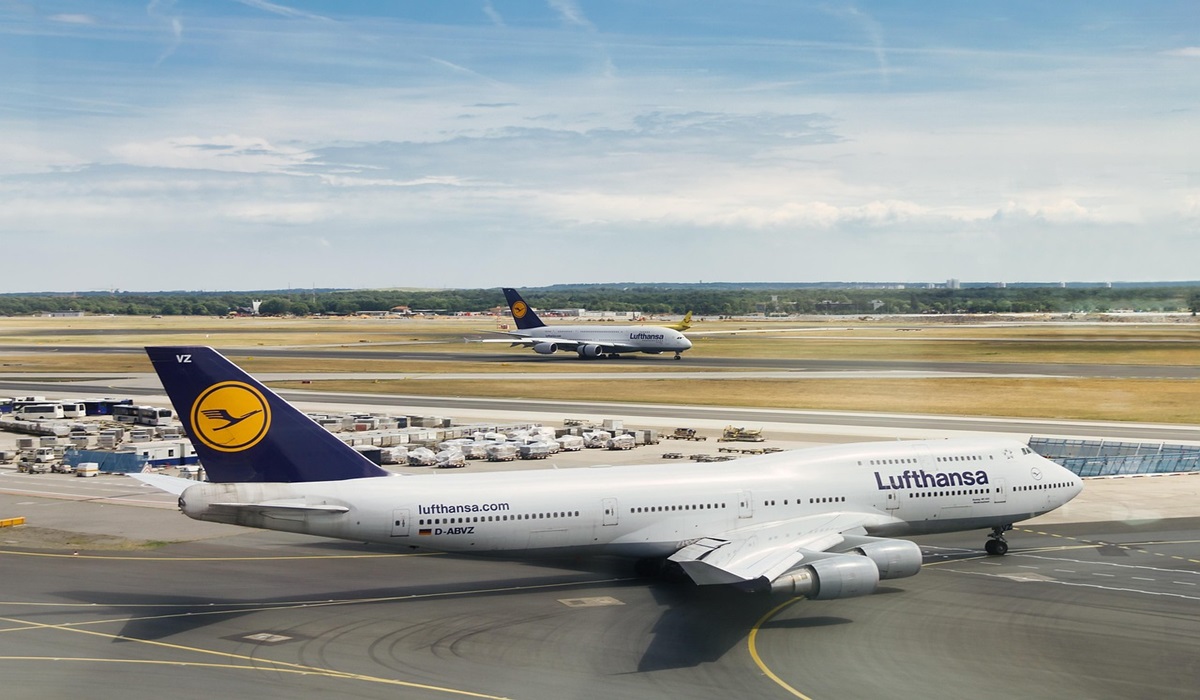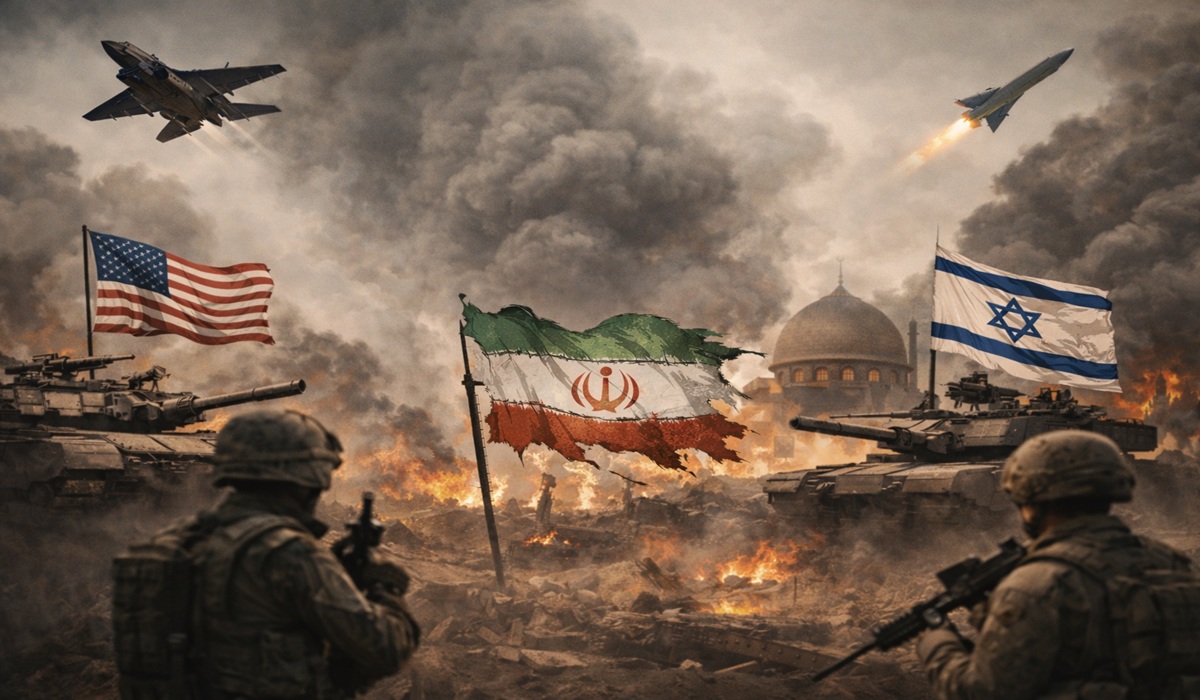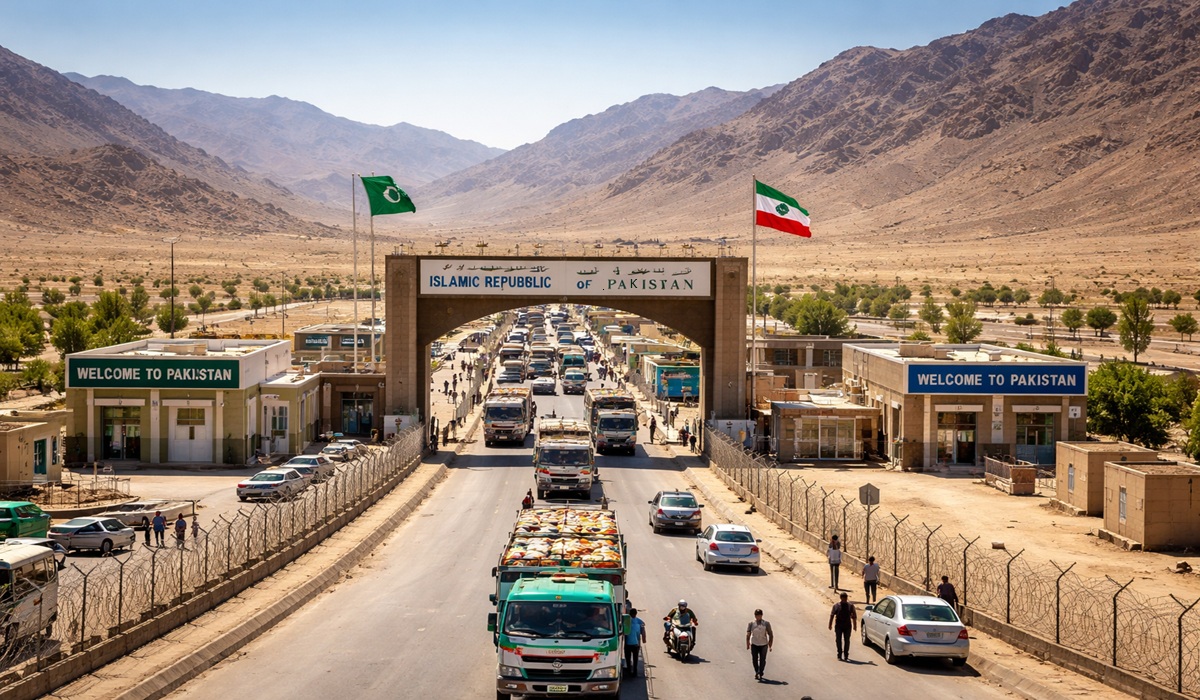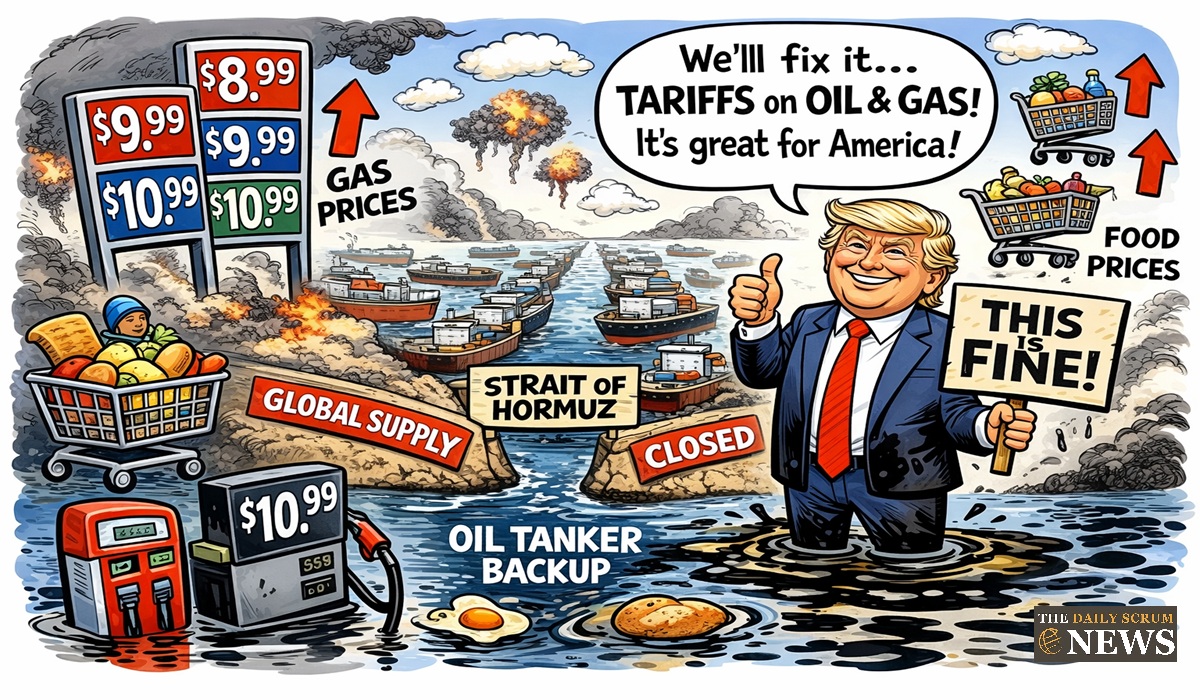U.S. Airports Are Empty as Global Airlines Cut Flights: Trump’s Policies Are Killing American Tourism
- Kingston Bailey
- Trending News
- Travel
- June 22, 2025

Image Credit, Mathew Browne
Once the busiest hubs of global movement, U.S. airports are now eerily quiet. Terminal walkways that once bustled with travelers from every continent now echo with the sound of fewer footsteps, fewer announcements, and far fewer flights. The reason is as political as it is economic: international airlines are abandoning the United States—and they’re doing it on purpose.
Major carriers from Europe and Canada are executing a coordinated retreat. Air France–KLM and Lufthansa have quietly reduced flight frequencies to U.S. destinations. Emirates has slashed multiple U.S. routes. Air Canada, WestJet, Porter, and Air Transat are all cutting capacity. These aren’t routine seasonal adjustments. These are structural, deliberate pullbacks in response to collapsing demand—and the driving force is U.S. foreign and domestic policy under President Donald Trump.
International inbound travel to the U.S. is collapsing. In March alone, there was an 11.6% drop in foreign visitor arrivals. Western Europe saw a 4.4% decrease in visitors, with particularly sharp declines from Germany and Denmark. Projections by industry trackers suggest that total inbound travel to the U.S. will fall by over 15% by year’s end. Forward bookings from top European markets for July are down 13% year-over-year, signaling the slump is not only real—it’s accelerating.
Airlines are responding with sharp cuts. Over 320,000 cross-border airline seats between Canada and the U.S. have already been axed through October. Peak summer capacity is down 3.5%. Air Canada has reduced U.S.-bound seat availability by 7.4%. WestJet is down 8.5%. Porter and Air Transat have both cut more than 15%. Flair, a low-cost Canadian carrier, has gutted 25.2% of its U.S. routes.
Middle Eastern carriers aren’t waiting either. Emirates now flies just one daily route to Los Angeles, scaled back service to Boston and Seattle, and drastically reduced frequency to Fort Lauderdale and Orlando. These cuts were prompted by massive declines in demand following increasingly antagonistic U.S. travel policies.
On the domestic side, U.S.-based airlines are reacting to the tourism fallout by gutting their own projections. United Airlines is cutting 4% of its scheduled domestic flights for the summer. Delta, Southwest, and American Airlines have all walked back profit forecasts. They cite “unfavorable market conditions,” but the truth is plainer than that: tourists aren’t coming. Business travelers are skipping. And global passengers are choosing anywhere but America.
This isn’t accidental. It’s not a blip. It’s not COVID, and it’s not just inflation. It’s retaliation against an unwelcoming, hostile political atmosphere fueled by trade wars, travel bans, diplomatic chaos, and border crackdowns. For many countries, the American travel market is no longer worth the hassle or the risk. Airlines are simply doing the math.
Hotel bookings from European travelers are down 13% this summer. In contrast, bookings to destinations like Canada, Portugal, and Thailand have skyrocketed. Search trends for alternate destinations have surged by over 200% in many markets that once filled U.S.-bound seats.
The American tourism sector is now confronting a crisis. Tens of billions of dollars in spending—money that once flowed through hotels, restaurants, airports, and national parks—is vanishing. This is the price of arrogance masquerading as policy. While the administration touts “strength” and “security,” the world is choosing not to come.
And here’s the part that should worry every American business owner, hotel manager, airport worker, and local official: this isn’t temporary. The longer this coordinated pullback continues, the harder it will be to reverse. Once airlines cut a route, it takes years of sustained demand to justify bringing it back. Once travelers form new habits and relationships with other countries, they don’t just return because the White House says it’s okay again.
The United States has made itself a hostile travel destination. The airlines have noticed. The passengers have responded. And the empty chairs at the gates are telling us exactly what they think.








